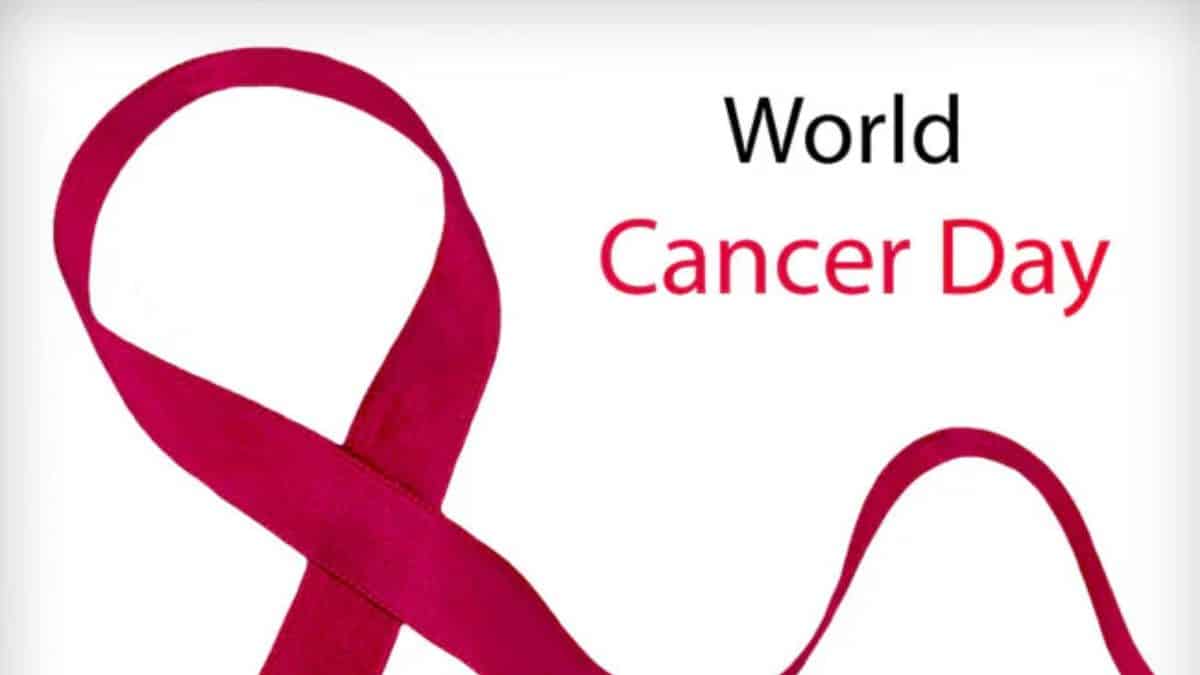Blood cancer is a frightening term for all of us, eliciting a wide range of feelings from many. It comprises a variety of cancers that impact blood cells. This complex condition is frequently misunderstood, as there are numerous common myths surrounding this fatal disease, resulting in many misconceptions, unwarranted dread, and worry among patients and their families. Let us understand the reality and remove the myths around blood cancer.
Truths
Blood cancer is a broad term
Blood cancer is a general term for cancers that affect the blood, bone marrow, and lymphatic systems. The main types include leukaemia, lymphoma, and myeloma.
Blood cancer can affect anyone
Blood cancers, like many cancers, can affect people of all ages, genders, and backgrounds. However, certain types may be more common in specific age groups.
Treatment advances exist
Advances in medical research have led to improved treatments for many types of blood cancer. These may include chemotherapy, immunotherapy, targeted therapy, stem cell transplants, and other innovative approaches.
Early detection matters
Early detection can significantly impact the prognosis of blood cancer. Regular check-ups and awareness of potential symptoms are crucial.
Supportive care is important
Beyond medical treatments, supportive care, including emotional support, nutritional guidance, and managing side effects, plays a vital role in a patient’s well-being.
Myths:
Blood cancer is contagious
Blood cancer is not contagious. It does not spread from person to person through physical contact, sharing utensils, or other means of casual contact.
Only Older Adults get blood cancer
While the risk of some blood cancers increases with age, they can affect individuals of any age, including children and young adults.
Nothing can be done to prevent blood cancer
While not all cases of blood cancer can be prevented, certain lifestyle choices, such as avoiding tobacco and maintaining a healthy diet and exercise routine, may reduce the risk.
All blood cancers are the same
Blood cancers are diverse and include various types with different characteristics and treatments. What works for one type may not be suitable for another.
Blood cancer always shows visible symptoms
Some blood cancers may present with noticeable symptoms, but others may not show obvious signs in the early stages. Regular health check-ups are essential for early detection.


